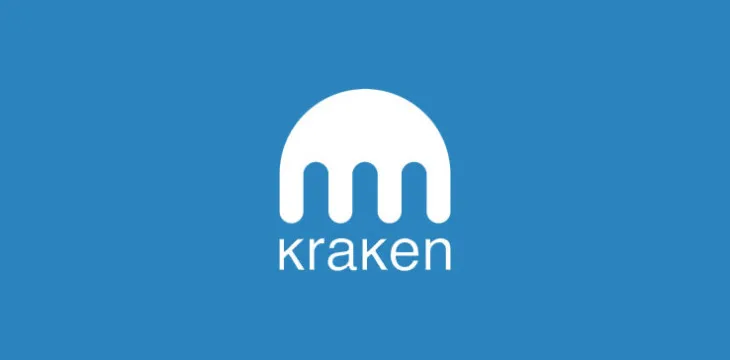|
Getting your Trinity Audio player ready...
|
Kraken and Bloomberg are embroiled on a word war: after being accused of manipulation, the exchange has turned the table on Bloomberg, saying their FUD article was suspiciously released on the end of the Q2 for trading—when several futures contracts expire.
It is definitely on between Kraken and Bloomberg.
Friday last week, Bloomberg published an article citing some “unusual patterns” on the cryptocurrency exchange Kraken, particularly with movements of Tether (USDT)—which itself has been embroiled in several rumours of pump-and-dump, manipulation, and banking issues. “Tether Defies Logic on Kraken’s Market, Raising Red Flags,” Bloomberg’s title reads.
“In the traditional world of securities exchanges, it would be akin to defying gravity. But at Kraken, one of the most popular venues for trading cryptocurrencies, a coin called Tether does it again and again,” Bloomberg wrote.
“Huge trades move prices about the same as small ones, ignoring the normal rules of economics, according to a review of Kraken’s public order book—a pattern that experts on market manipulation view as a red flag. The mystery is bracketed by another quirk: Oddly specific order sizes—many going out to five decimal points, with some repeating frequently. Another red flag.”
Two days later, Kraken rhymes up a response: “Journalists Defy Logic, Raising Red Flags.”
“The title is a nod to a recent article in which a reporter covering market structure for Bloomberg News inexplicably fails to comprehend basic market concepts such as arbitrage, order books and currency pegs,” Kraken wrote.
“More troubling, however, was the applause from other “journalist” lemmings as they followed in walking their reputations off a cliff. It defies logic.”
Kraken went on to explain that Tether “enjoys price stability due to arbitrage and design,” adding that Tether constitutes “a miniscule market.”
Kraken insists that there is no manipulation, and that they take such allegations seriously.
“We take allegations of manipulation very seriously. We strive to operate a platform that is open and fair to all of our users. We understand the significant level of trust our customers place in us to custody their assets and to provide them a safe trading experience, and we would never jeopardize our reputation by engaging in or supporting manipulation on our platform.”
According to Kraken, despite all the attention the Bloomberg article gained, its claims had no merits.
“After reading the Bloomberg article, we scratched our heads, questioning just what type of manipulation was being claimed.”
The exchange went on to turn the tables back on Bloomberg, saying the article was suspiciously released on the last business day for the second quarter of trading, insinuating some form of manipulation that would affect futures contracts.
“It’s scary to think that our lawmakers are reading this stuff. The title sure was sensational, and it undoubtedly grabbed eyeballs but what of the readers who are not following the outrage on Reddit and Twitter? What of those who rely on the journalistic integrity and expertise of their news sources? If we are to take up our pitchforks against market manipulation, guide your torches toward this illumination: the Bloomberg News piece was published on June 29th, the last business day of trading for Q2, and expiration date of numerous futures contracts. It raises red flags,” Kraken wrote.

 07-08-2025
07-08-2025 





